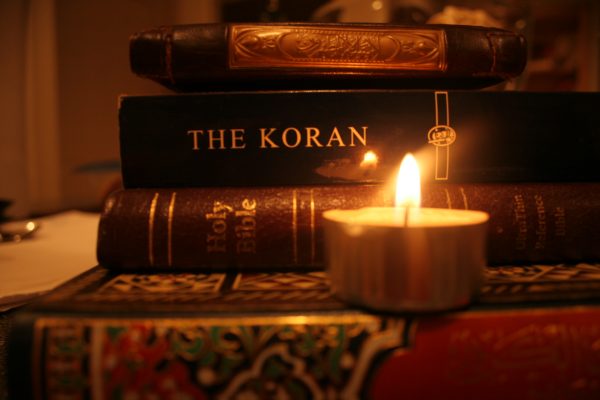Will the riots alter how Britain perceives its Muslim communities?
 By Tehmina Kazi
By Tehmina Kazi
Director, bmsd
“Publicly, you won’t see a tear from me or my family.” This quote from bereaved father Tariq Jahan – expressed during a recent Mehdi Hasan interview in The New Statesman –perfectly encapsulates the stoicism that has inspired over 18,000 people to join a Facebook page set up in his honour.
Mr Jahan’s call for peace after the hit-and-run killing of his 21-year-old son Haroon, and brothers Shazad Ali (30) and Abdul Musavir (31), speaks of a selflessness and community spirit that many top-down initiatives can only dream of engendering. At a time when politicians are condemning a ‘rights not responsibilities’ culture, the statement he gave in his first TV interview was striking for the lack of any sense of entitlement: “I don’t blame, I don’t blame the Government, I don’t blame the police, I don’t blame nobody, I’m a Muslim and I believe in Divine fate and destiny and it was his destiny and his fate and now he’s gone, and may Allah forgive him and bless him and that’s all I have to say, no more, thank you.”
Over the last fortnight, as the nation witnessed shop after shop being looted, home after home being set alight, we were starved of role models who displayed higher standards of conduct (not to mention self-awareness). It is therefore refreshing to note that many of those who were being praised in the media – both during and after the riots – were Muslim.
While I felt that A.N Wilson’s homage to Tariq Jahan in the Daily Mail was marred by a completely unnecessary swipe at the late Amy Winehouse, it is clear that his article had far-reaching implications on how Muslims are perceived in certain sections of the media. Instead of routinely denigrating religious minorities – the norm in recent years – A.N. Wilson wrote movingly about the input of genuinely religious people in times of crisis. One of the comments below the article stood out for its remorseful tone: “This article has just moved me to tears. I will never tarnish all Muslims with the same brush again. I feel so ashamed that I have done so in the past. God Bless all those decent, God fearing folk. I am humbled.”

It goes without saying that you don’t have to be Muslim, Christian, Jewish, Hindu or Sikh to have a strong moral compass and sense of civic pride. But as a Muslim myself, I believe these values have been bequeathed to us on a macro level, and we must make the most of them. I see these values in what the Southall Sikhs were doing (as they protected their local mosque while Muslims prayed inside), what Malaysian student Ashraf Haziq did (calling Britain “great” in spite of being mugged by rioters who pretended to help him), and what the three young Muslim men in Birmingham lost their lives for (defending a petrol station in Dudley Road). Prime Minister David Cameron said the riots had brought out “some of the best of Britain,” and he was right.
Just 12 hours after the Birmingham tragedy, 300 Muslim and Sikh men gathered outside the petrol station in Dudley Road to debate how they should respond. Some urged a reaction. But when a man pointed his finger in the air, shouting: “We are going to protest to let them know how we feel,” he was shouted down. Twenty-eight-year-old Harpreet Singh was one of those who opposed a reaction: “We need to tell the media we will not tolerate the tyranny, but we will not react either. We are capable, but we will not do it.” He concluded that if there was another ruckus, the media would label them “extremists.” However, if they behaved with strength and dignity, they would be seen as a community united. “You decide,” he finished. “I will stand with you all the way. After more debate, one man stepped forward and offered sage advice: “Make sure you’re not marching in the name of the three brothers that died. Because if you’re gonna march in their name, and you’re rioting, it is a disgrace.” Instead of marching, many of the young people stayed behind to listen to Sikh and Muslim prayers.
A sense of tranquillity is slowly being restored: clean-up operations are mostly over, insurance companies are paying out for the damage, and new sources of funding have been announced to help beleaguered businesses. Minority religious institutions are often accused of not contributing to these efforts, and of acting in a sectarian manner when they do. However, the role of places like Croydon Mosque – which opened its doors to “help anyone affected by the riots who may require shelter, food and support” – will not soon be forgotten. Neither will the actions of those in religious communities defending their neighbourhoods, some of whom paid with their lives. The long-term impact of the riots on public perceptions of Muslims (and other religious minorities) remains to be seen, but the initial prognosis is deeply positive.


